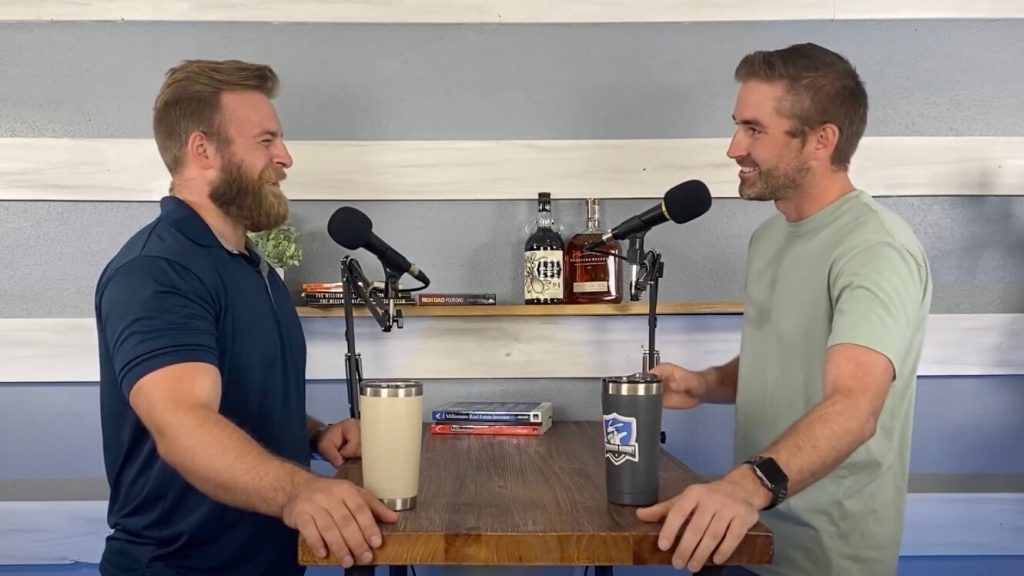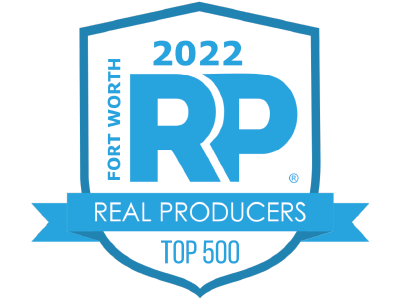Throughout my time working in real estate, I have come into contact with many Homeowners Associations. HOAs can vary drastically from neighborhood to neighborhood, so today I want to talk about some of the things that you need to look out for if you’re buying a house in a neighborhood with an HOA.
What is an hoa?
A Homeowners Association, or HOA, is an organization that governs and maintains a neighborhood. These organizations collect fees from the people in the neighborhood to work for the common benefit of everyone who lives there.
HOAs usually look different depending on the needs of the neighborhood. For example, an HOA governing a small community of townhomes will look very different from an HOA governing a large neighborhood.
Not all HOAs are created equal, so let’s get into some of the biggest difference makers.
CC&Rs
You need to be aware of what is in the HOA’s Covenants, Conditions, and Restrictions (often abbreviated as CC&Rs.) This is pretty much exactly what it sounds like. It is the rules that you agree to live by if you choose to live in that community. It is important to make sure that you read the CC&Rs to make sure the community is compatible with your lifestyle.
I recently looked at a townhome with a client and their CC&Rs said that you cannot have a grill, pellet smoker, or other similar item on your porch. Obviously, if you enjoy grilling, this townhome is not somewhere you would want to live.
HOA costs
Another thing to consider is the HOA costs. Depending on the services and amenities that the HOA provides, these can vary greatly and can have a significant impact on your monthly payment.
This can also be really important for resale value. If you’re in a neighborhood with HOA costs that are $200 higher per month than the other neighborhoods in the area, you will likely see fewer buyers.
Of course, you also need to consider what these services and amenities are because sometimes they are well worth the cost. If this is the case, the higher HOA costs should not affect your buyer pool.
insurance
Different HOAs will cover different things depending on the type of community. In general, HOAs will cover the insurance for any public or shared amenity.
If the community is a large neighborhood, HOAs will usually cover clubhouses, playgrounds, swimming pools, sidewalks and other community-wide amenities.
If you’re looking at a townhome or another shared space, the HOA will often cover the insurance for the exterior of the buildings. This means that if there is an issue with the roof, the facade, or foundation, the HOA will cover it. If this is the case, your insurance costs will be much lower because you’re only responsible for the interior and your belongings.
If you’re looking at a shared space like a townhome, it’s also important to see how the community pays for damages when they occur. If the roof on a unit needs repairs, do only the people in the affected unit pay for it or does everyone in the community chip in to pay for it?
the financial health of the hoa
If the HOA of the neighborhood is not financially stable or is struggling to find funding, you may not want to buy in to that community. You want an HOA that’s run well because poor management often makes its way into every aspect under the organization’s control.
The best way to gauge the financial health of an HOA is to examine their reserve fund. This will tell you how much money the association has for emergency repairs, how much they spend on maintenance, and where funds may be lacking. Well run HOAs will have a healthy reserve fund. If the HOA does not have a good reserve fund, you may want to avoid that neighborhood.
renting
I always tell buyers that they should buy a house with an exit strategy in mind, even if they are planning on staying there a while. If you can afford it, one of the best strategies is to buy your next house without selling your current house. By holding onto your current house, you will be able to rent it out once you move into your new home, which can be a very significant source of passive income.
I mention this here because some HOAs will not allow owners to rent out their homes. Some won’t allow long-term rentals. Some won’t allow rentals at all. Some will say that 75% of the units in the neighborhood need to be owner-occupied.
If you’re thinking about renting the property once you move on to your next home, make sure the HOA will allow it before you buy the property.
conclusion
Ultimately, before buying a property in a neighborhood with an HOA, you need to read the fine print. You need to know what the HOA allows and if that is compatible with your lifestyle and goals. You also need to know the health of the HOA itself because if it is not healthy that can be a major red flag.
If you have any questions, want to know more, or would like to buy or sell a property, don’t hesitate to call the number on our website. We would love to help you with all your real estate needs. Follow us on social media to stay up to date with all of our content, including clips from our weekly podcast where we talk about everything real estate, investing, and Dallas-Fort Worth.






